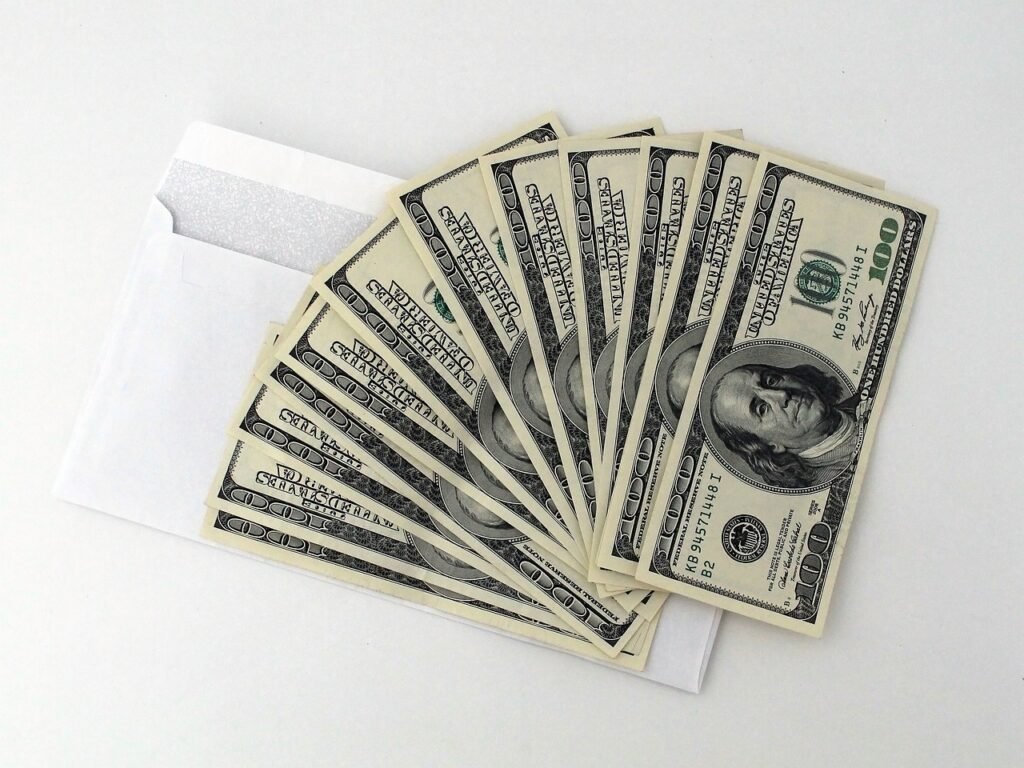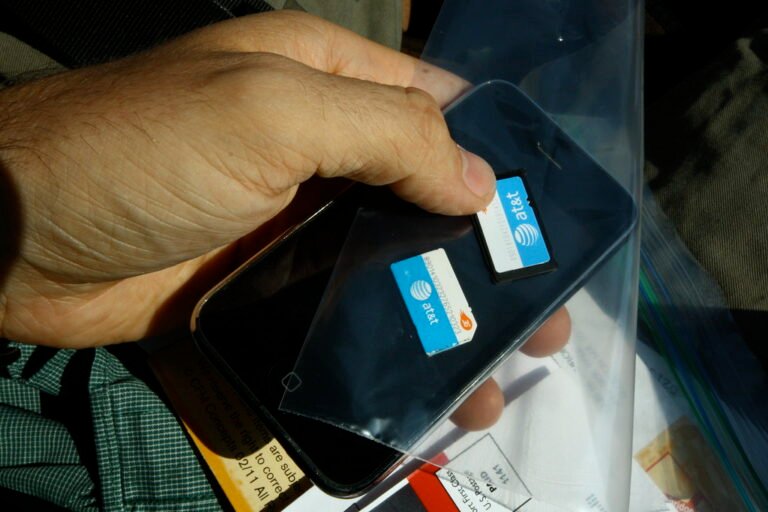
The Federal Trade Commission (FTC) and Illinois Attorney General Kwame Raoul have announced a $25 million settlement with food delivery service Grubhub, following allegations of deceptive business practices that harmed consumers, restaurants, and gig workers. The settlement requires Grubhub to make significant operational changes and provides financial relief to those affected by the company’s unlawful conduct.
According to the FTC’s complaint, Grubhub engaged in multiple unfair business practices to gain a competitive edge in the crowded online food delivery market. These tactics included misleading advertising, deceptive fees, blocking consumer accounts without notice, and inflating earnings claims to attract drivers.
Misleading Costs and Hidden Fees
One of the key allegations in the complaint is that Grubhub misled consumers about delivery costs. The company advertised low or zero-fee delivery services but often tacked on hidden charges, such as “service” and “small order” fees, which significantly increased the total cost of orders. These surprise fees, which could double or triple the original price, were not disclosed upfront, leaving diners frustrated at checkout.
Furthermore, Grubhub’s “Grubhub+” subscription program, which promised “unlimited free delivery” for $9.99 a month, failed to account for these hidden fees. The company also made it difficult for users to cancel their subscriptions, a practice that led to numerous consumer complaints.
“Our investigation found that Grubhub tricked its customers, deceived its drivers, and unfairly damaged the reputation and revenues of restaurants that did not partner with Grubhub—all in order to drive scale and accelerate growth,” said FTC Chair Lina M. Khan. “Today’s action holds Grubhub to account, putting an end to these illegal practices and securing nearly $25 million for the people cheated by Grubhub’s tactics. There is no ‘gig platform’ exemption to the laws on the books.”
The complaint also accuses Grubhub of blocking customer accounts, particularly those with large gift card balances, without warning. In many cases, diners were unable to access their stored funds or place orders, leaving them stranded with unrefunded money. Despite receiving multiple complaints, Grubhub allegedly failed to inform customers why their accounts were blocked or provide a clear path for resolution.
Fake Restaurant Listings and Reputational Damage
Grubhub was also accused of listing hundreds of thousands of unaffiliated restaurants on its platform, often without the restaurant’s knowledge or consent. This tactic was reportedly used to boost the company’s market share and create the illusion of a larger selection. However, the practice led to widespread confusion, with diners blaming restaurants for delivery mistakes or service issues that were actually due to Grubhub’s mismanagement.
When unaffiliated restaurants sought removal from the platform, Grubhub allegedly delayed or imposed obstacles, further exacerbating the reputational harm to these businesses.
Deceptive Earnings Claims for Delivery Drivers
Grubhub’s recruitment ads for delivery drivers also came under scrutiny. The FTC’s complaint highlights that Grubhub advertised inflated earnings claims, promising drivers up to $26 an hour in some regions, while the actual median pay was significantly lower—around $11 an hour. Despite receiving a warning from the FTC in 2021 about the legality of such misleading claims, Grubhub continued to make similar ads.
Proposed Settlement and Operational Changes
As part of the settlement, Grubhub has agreed to halt these deceptive practices and implement substantial operational changes. The company must:
- Clearly disclose all fees associated with delivery orders.
- Provide a straightforward process for consumers to cancel Grubhub+ subscriptions.
- Stop blocking consumer accounts without prior notice and ensure there is a mechanism to appeal account suspensions.
- Remove unaffiliated restaurants from its platform and only list those that have explicitly consented.
- Make truthful and substantiated earnings claims for gig workers.
The company will pay $25 million of the $140 million judgment, which will be used to refund affected consumers. The remainder of the judgment is suspended based on Grubhub’s financial situation, but if the company is found to have misrepresented its financial status during settlement talks, the full amount will become immediately due.
FTC Chair Lina M. Khan emphasized the importance of holding companies accountable for unfair and deceptive practices, particularly in the rapidly growing gig economy. “Our investigation found that Grubhub tricked its customers, deceived its drivers, and unfairly damaged the reputation and revenues of restaurants that did not partner with Grubhub—all in order to drive scale and accelerate growth,” Khan said. “Today’s action holds Grubhub to account, putting an end to these illegal practices and securing nearly $25 million for the people cheated by Grubhub’s tactics.”
Illinois Attorney General Kwame Raoul echoed these sentiments, underscoring the need for businesses to operate fairly. “This settlement is the culmination of a multi-year investigation into deceptive and illegal business practices perpetrated by Grubhub,” Raoul stated. “I remain committed to holding businesses like Grubhub accountable for their deceptive business practices.”



